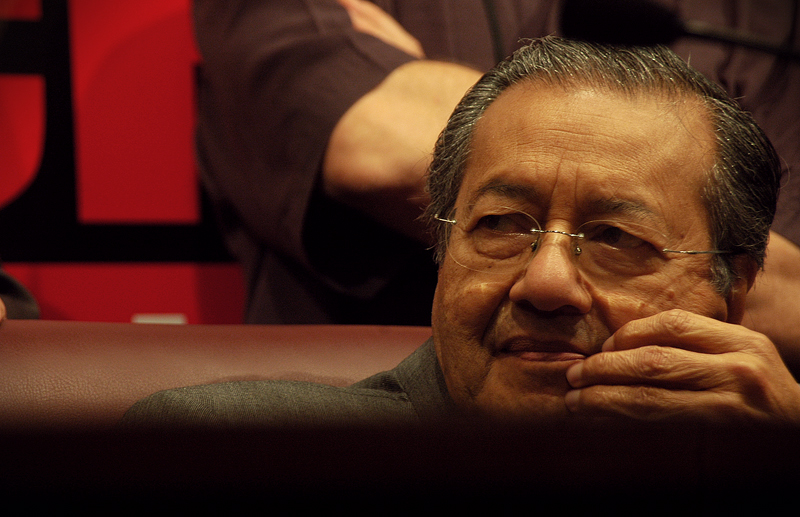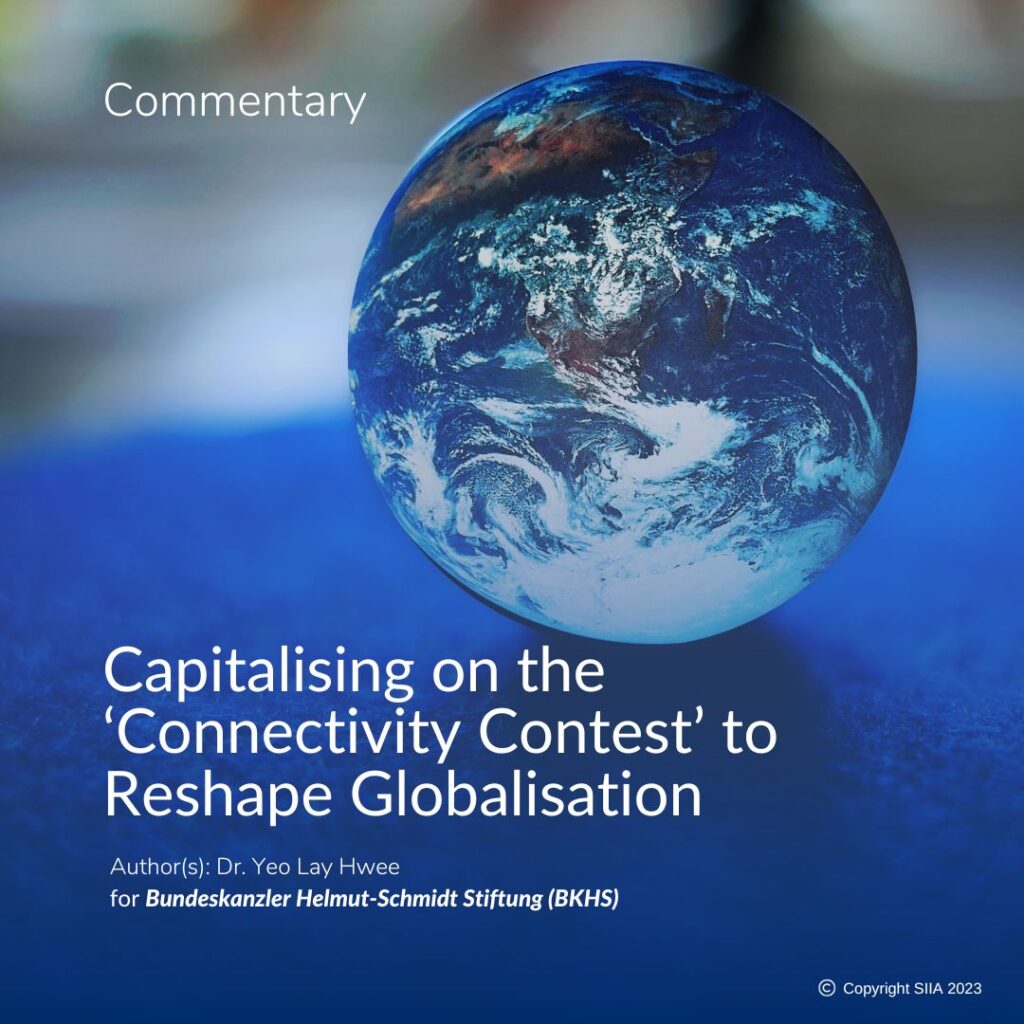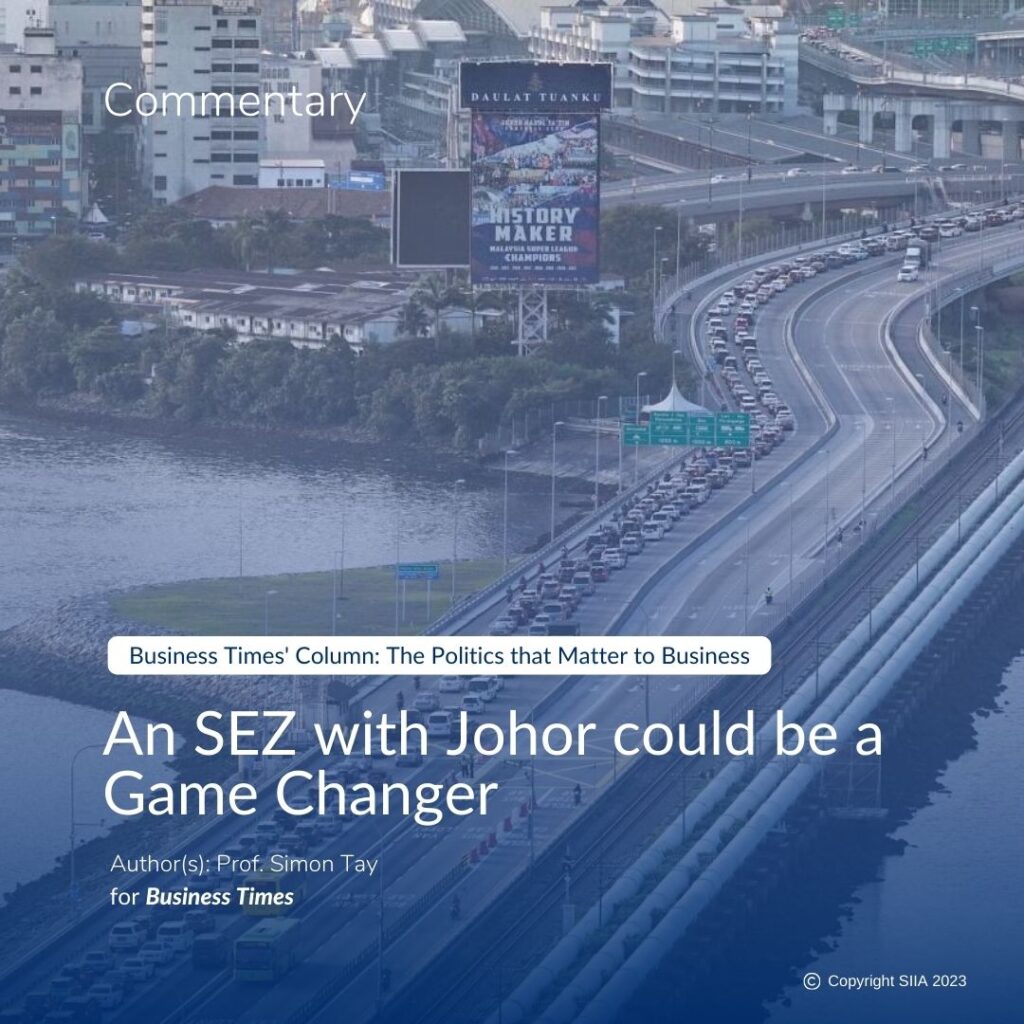By Simon Tay
For The Business Times
A BLACK SWAN has landed in Malaysia. The newly-minted Pakatan Harapan (PH or Alliance of Hope) has won a majority in the elections and, led by Dr Mahathir Mohamad – the long time and iconic former PM – expects to form the next government. With the swearing in of Dr Mahathir last night, many Malaysians are elated.
There is however considerable uncertainty. The Malaysian Exchange Traded Fund (MSCI Malaysia ETF) in Singapore has dropped 6 per cent since the results. Many non-partisans and outsiders will be watching when the Malaysian exchange opens after the holiday closures.
What happens next? What about relations with Singapore, China and other countries? Much depends on politics within Malaysia itself.
It is unclear how the new government intends to deal with the 1Malaysia Development Bhd (1MDB) scandal, including the possible prosecution of Najib Razak now that he is out of office. Action was promised on the campaign trail but can be destabilising if pressed to the maximum. So far, Dr Mahathir has said he is not out for “revenge” and cannily took a conciliatory tone on a number of issues.
But watch the new government for its composition and priorities. The PH is, after all, an unlikely alliance of different parties and personalities who were once sworn enemies. Coherence is not guaranteed.
A balance is needed between the long time opposition, like the Democratic Action Party (DAP), and the ex-United Malays National Organisation (Umno) stalwarts. Veterans like Muhyiddin Yassin can draw on years of experience but their presence in government may limit reform. The DAP – probably the most organised party in the alliance – have, fairly or unfairly, been coloured as a “Chinese party” with Dr Mahathir as merely the front. If they take a very high profile in the new government, this can spark racial tensions.
Another concern regards Dr Mahathir’s pledge to cede leadership to Anwar Ibrahim, presently in jail. Their past relationship has been turbulent. Most immediately, watch how the Parti Keadilan Rakyat (PKR) comes to be incorporated into the new cabinet, especially Anwar’s wife and daughter, who were both elected.
Questions of Malaysia’s engagement with other countries are for the moment secondary to these national level questions. However, the issue of relations with China and Chinese companies has already been raised. At a press conference after the results, Dr Mahathir said that Malaysia has “no problem” with Belt-and-Road initiative projects but reserved the right to renegotiate terms and this could stall progress.
He earlier also questioned the massive Johor Forest City project, midway through construction. Additionally, if the government proceeds to investigate 1MDB, this can also stall the Bandar Malaysia mega project in which Chinese companies were supposed to take a stake.
As for Singapore, there may be some apprehension given that ties in the past were poor when Dr Mahathir was previously PM. But the stance towards Singapore and the High-Speed Railway to Kuala Lumpur has not yet been spotlighted after the PH victory. The scope for a win-win solution cannot be ruled out.
This momentous election can lead Malaysia down a path of reform and institutional revival that will bring stability and progress. However, this transition will be challenging. An Alliance of Hope has won, but will face more tests to deliver on those hopes.
Simon Tay, an associate professor of international law at the National University of Singapore, is also chairman of the Singapore Institute of International Affairs. This article was first published in The Business Times on 11 May 2018.
Photo credit: “Tun Mahathir” by udeyismail is licensed under CC BY 2.0




